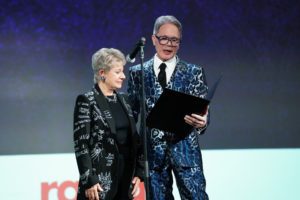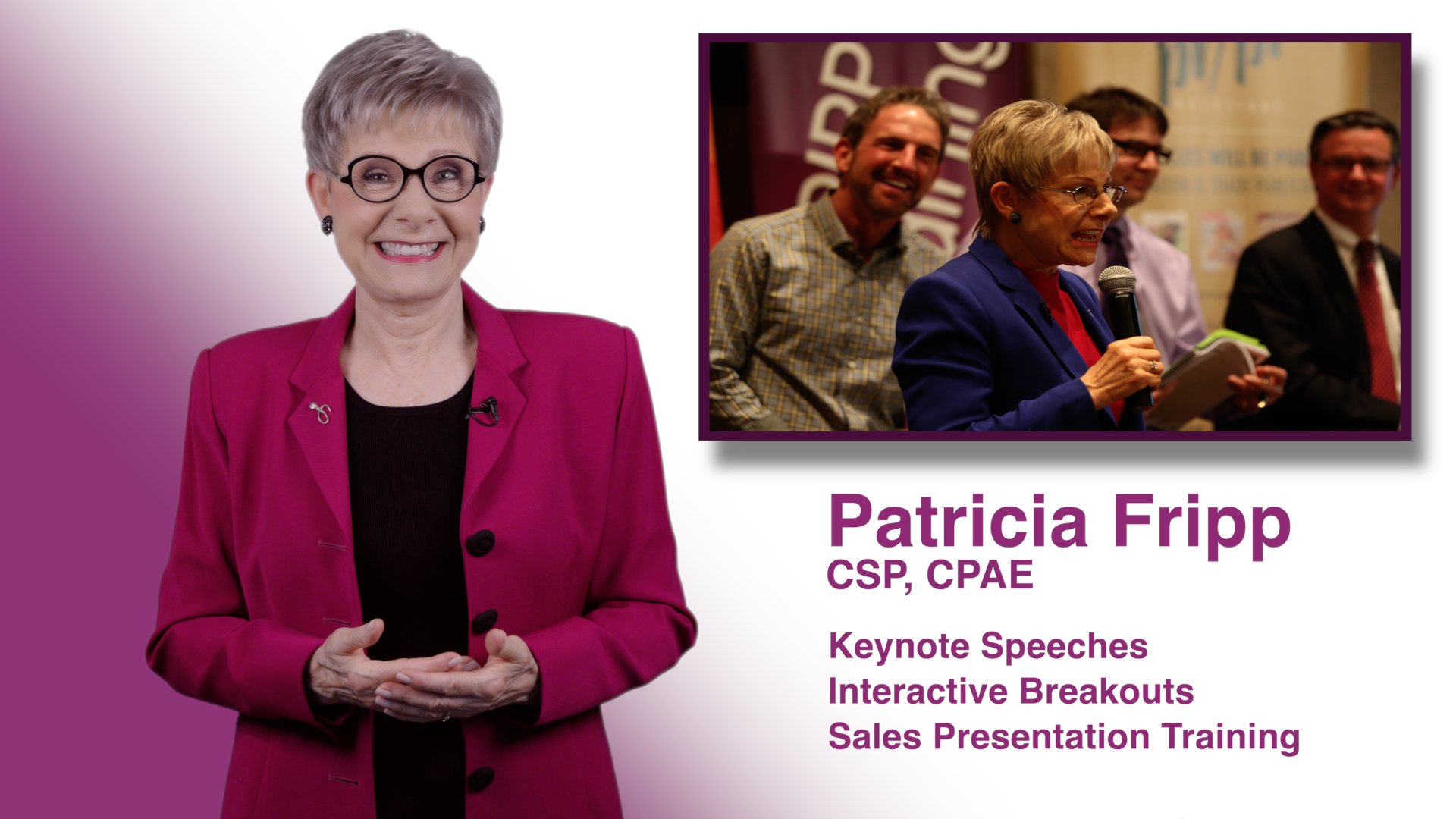Be Gracious; Be Modest; Be Prepared!
Tips on How to Give an Acceptance Speech

Accepting an award is like walking a tightrope. You need to be gracious, grateful, and humble, yet not so humble or self-deprecating that the audience thinks you are trivializing the honor.
Often, you will have more impact with a well-crafted, three-to five-minute speech than you would with a 45-minute speech.
Every word, however, must count. Consider this a cameo appearance.
With one client, I was coaching a highly-visible member of their association who was due to receive their highest award. The organization has over 100,000 members. Two thousand people would be in the audience.
He said, “I want to be funny, so I will say how desperate they must be to give me this award.” I persuaded him that was not funny. He would be insulting everyone who had been honored with this award. We worked together to create a gracious acceptance speech, still funny, that would leave the audience feeling great about the event, the award, and the organization.
One day, you’re probably going to be presented with an award.
It may be a surprise, or you may have time to prepare. Use your answers to the following questions to weave a warm, wonderful story that will leave everyone with a big smile and perhaps a tear.
- Who invited you to join this group or encouraged you to get involved in this project or event?
- What is your most personal connection to this group?
- How do you feel about the people and, the organization’s goals?
- Why are they giving you this award?
- When was the first time you attended a meeting? What were your experiences?
People will not remember the details of what you say, they will remember the stories you tell.
Include a memorable story, something entertaining or touching about your connection.
Dan Maddux, Executive Director of the American Payroll Association, received the Meeting Partner of the Year award from NSA.
First, he said he was honored.
Second, he said what his audience loved hearing: “I consider professional speakers to be my partners and my best investment in the success of my conventions.”
Third, he told a story about our much-loved NSA member, Jeanne Robertson, and how she had educated him.
“You know, Dan, most popular speakers like me, have more than one speech. Your audience loves me. You can keep bringing me back.” Dan reenacted their conversations, imitating her southern accent. One of Jeanne’s claims to fame was her height. She told her audiences she was 6’ 2” with her hair mashed down. Dan, a tall man, pretended he was looking up at her. That brought the house down.
As a speech coach, I am often disappointed with the quality of acceptance speeches from celebrities we love and admire. It is especially disheartening when we have seen them deliver magnificently long pieces of dialogue in movies and on the stage.
In general, Academy Award speeches are not the best examples of great acceptance speeches. There are, however, some memorable ones.
When Russell Crowe won an Oscar for The Gladiator (2000), he dedicated it to “Everyone who has seen the downside of disadvantage.” Then he won the 2002 Golden Globe Award for A Beautiful Mind. First, he gave credit to the characters in the film, offering special thanks to “John and Alicia Nash, for living such an inspirational love story.”
The award is bigger than one person.
Sidney Poitier, Best Actor, The Defiant Ones, reminded us to keep going with, “It has been a long journey to this moment.”
Halle Berry, Best Actress, Monster’s Ball, said, “This moment is so much bigger than me. It’s for the women that stand beside me. It’s for every nameless, faceless woman of color that now has a chance because this door tonight has been opened.”
Whenever you have advance notice, be sure to ask how long you are expected to speak.
The shorter your time slot, the more every word counts. When the time comes, look directly at the audience. Although you most likely will have a script, rehearse it often enough that you only need the script for confidence. Never read your first few lines; that is when you need to look at your audience and smile. In case you need to glance at notes, make sure they are printed in a large font and written one sentence at a time rather than in paragraphs. If you need a reminder, this will make it easier to find your place.
Whenever you are involved in leadership in your professional organization, in your community, or in philanthropy, one day you are likely to get an award. It’s better to have a few well-crafted remarks ready rather than be caught speechless.
Now you know how to accept an award. Be gracious. Be modest. Be prepared!
In December 2022, The National Speakers Association asked me to prepare the above article which was adapted from a longer version with more examples
How Do You Accept An Award? Be Gracious. Be Modest. Be Prepared!
How You Can Write a Meaningful Eulogy That Informs and Honors
“Patricia, words cannot express the gratitude I have for your superb scripting and speech coaching for my important acceptance speech. Needless to say, everybody told me, ‘The speech was awesome!!!’ It was obvious the entire audience was blown away and greatly impacted. The enthusiasm came from those who knew me and those encountering me for the first time. To think, from our first call to a memorized speech in four days. Thank you for your talent, care, friendship, and support! It truly means the world!” Kristopher Francisco


